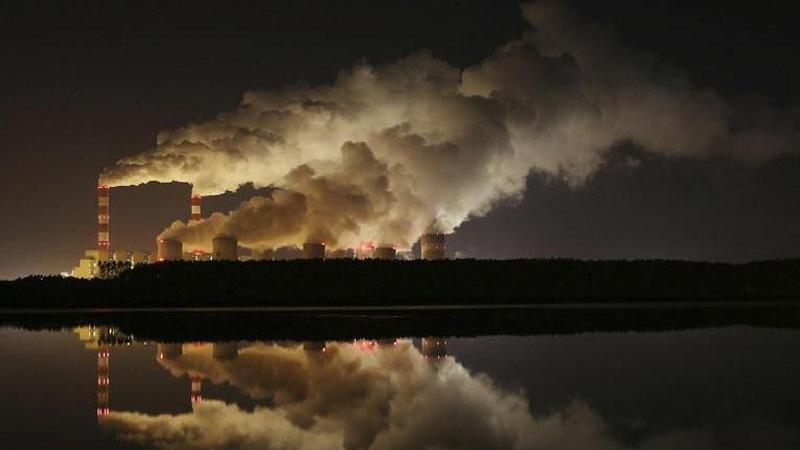Published 13:30 IST, April 23rd 2020
Drop in carbon emissions due to COVID-19 only 'short-term' good news: UN body
Carbon emissions linked to the global economic crisis caused by the COVID-19 pandemic is only 'short-term good news', says United Nation's weather agency.

The United Nations' World Meteorological Organization (WMO) on April 22 said that fall in greenhouse gas emissions linked to the global economic crisis caused by the COVID-19 pandemic is only 'short-term good news'. The WMO expects emissions to return to normal once the global economy starts recovering from the coronavirus outbreak. Global climate experts, including the Centre for International Climate Research, have estimated 5.5 to 5.7 per cent fall in levels of carbon dioxide due to COVID-19 lockdown.
WMO Secretary-General Petteri Taalas said, "This drop of emissions of six percent, that’s unfortunately (only) short-term good news. There might even be a boost in emissions because some of the industries have been stopped". The WMO on April 22, which was also the 50th anniversary of Earth Day, released the latest data that suggested greenhouse gases in the atmosphere rose to a record high last year. The report said that carbon dioxide emissions were 18 per cent higher from 2015 to 2019 than the previous five years.
The report
The WMO chief highlighted the dramatic improvement in air quality in major cities and industrialised regions across the world in countries like India and China and also in Po Valley in northern Italy, which is one of the most polluted areas in Europe. In its latest Global Climate report of 2015-2019, WMO highlighted some of the extreme events that took place across the world due to climate change and underlined its impact on economies. In the report, WHO cited examples of 2016 wildfires in California that resulted in economic losses of $16 billion, 2017 Hurricane Harvey that cost the US exchequers $125 billion, 2,000 deaths in 2017 attributed to Hurricane Maria, 8,900 deaths worldwide attributed to heatwaves.
"The five-year period 2015–2019 is likely to be the warmest of any equivalent period on record globally, with a 1.1 °C global temperature increase since the pre-industrial period and a 0.2 °C increase compared to the previous five-year period," the report added.
(Image Credit: AP)
Updated 13:30 IST, April 23rd 2020




